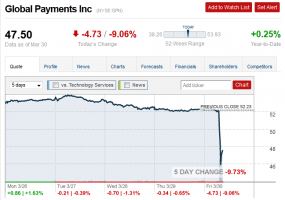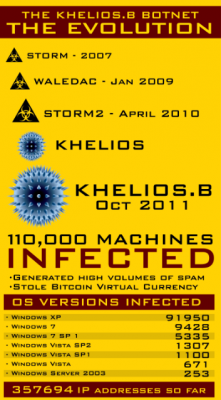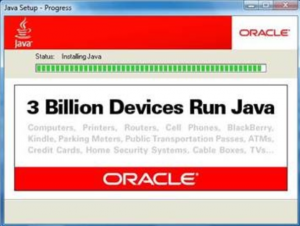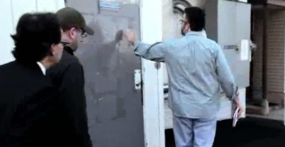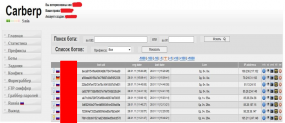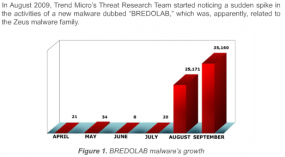It was mid November 2011. I was shivering on the upper deck of an aging cruise ship docked at the harbor in downtown Rotterdam. Inside, a big-band was jamming at a reception for attendees of the GovCert cybersecurity conference, where I had delivered a presentation earlier that day on a long-running turf war between two of the largest sponsors of spam.
The evening was bracingly frigid and blustery, and I was waiting there to be introduced to investigators from the Russian Federal Security Service (FSB). Several FSB agents who attended the conference told our Dutch hosts that they wanted to meet me, but in a private setting. Stepping out into the night air, a woman from the conference approached, formally presented the three men behind her, and then hurried back inside to the warmth of the reception.
A middle-aged stocky fellow introduced as the senior FSB officer spoke in Russian, while a younger gentleman translated into English. They asked did I know anything about a company in Moscow called “Onelia“? I said no, asked them to spell it for me, and inquired as to why they were interested in this firm. The top FSB official said they believed the company was heavily involved in processing payments for a variety of organized cyber criminal enterprises.
Later that evening, back at my hotel room, I searched online for details about the company, but came up dry. I considered asking some of my best sources in Russia what they knew about Onelia. But a voice inside my head warned that the FSB agents may have been hoping I’d do just that, and that they would then be able to divine who my sources were when those individuals began making inquiries about a mysterious (and probably fictitious) firm called Onelia.
My paranoia got the best of me, and I shelved the information. That is, until just the other day, when I discovered that Onelia (turns out it is more commonly spelled Oneliya) was the name of the limited liability company behind Gateline.net, the credit card processor that processed tens of thousands of customer transactions for SpamIt and Rx-Promotion. These two programs, the subject of my Pharma Wars series, paid millions of dollars to the most notorious spammers on the planet, hiring them to blast junk email advertising thousands of rogue Internet pharmacies over a four-year period.
WHO IS ‘SHAMAN’?
Gateline.net states that the company’s services are used by firms across a variety of industries, including those in tourism, airline tickets, mobile phones, and virtual currencies. But according to payment and affiliate records leaked from both SpamIt and Rx-Promotion, Gateline also was used to process a majority of the rogue pharmacy site purchases that were promoted by spammers working for the two programs. Continue reading






